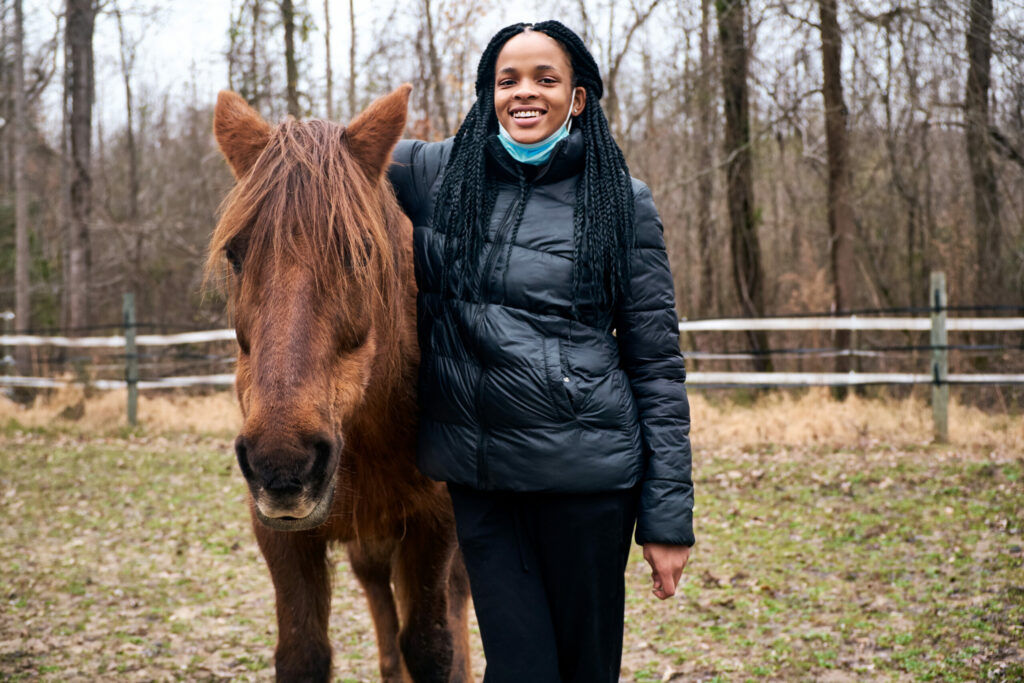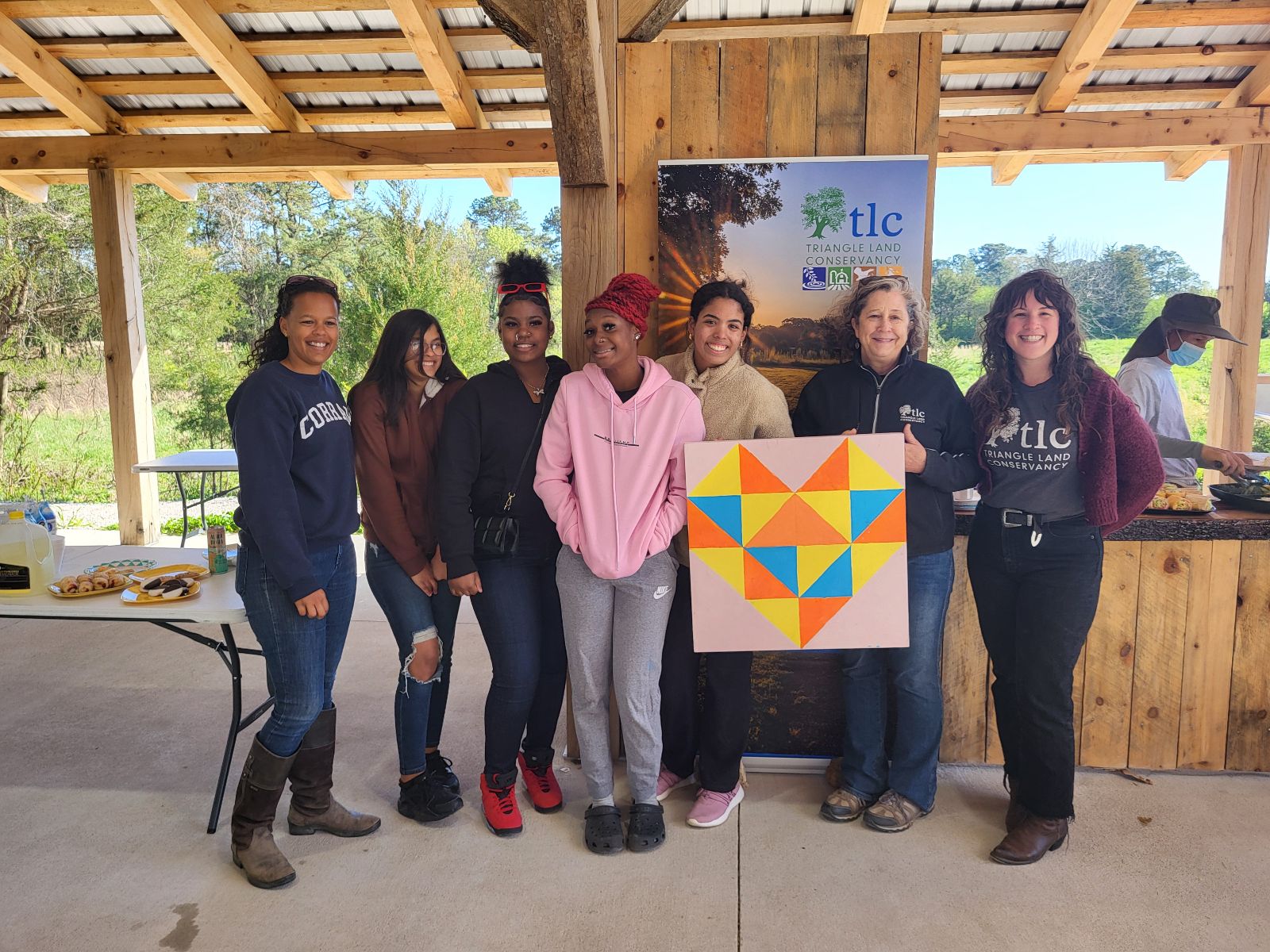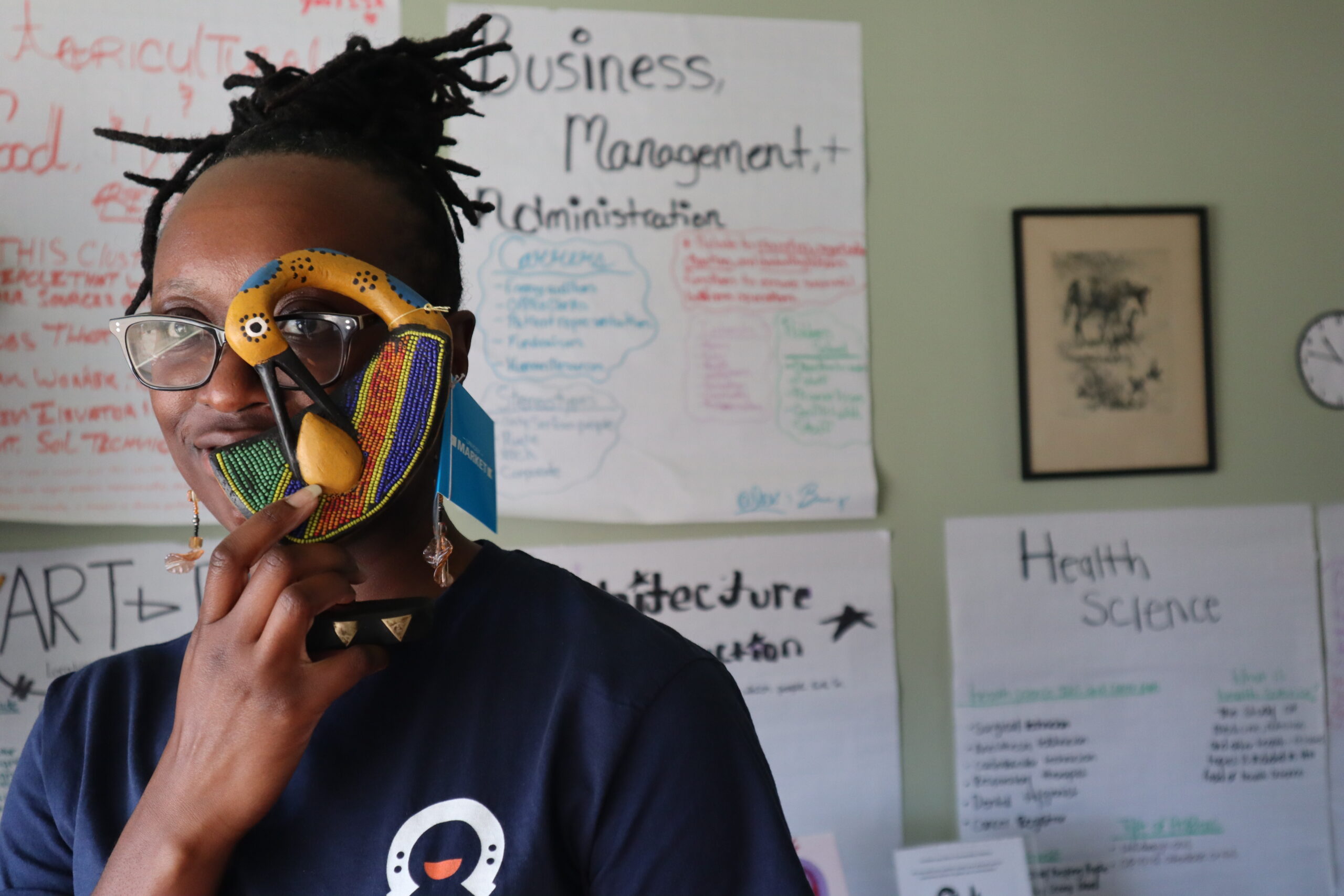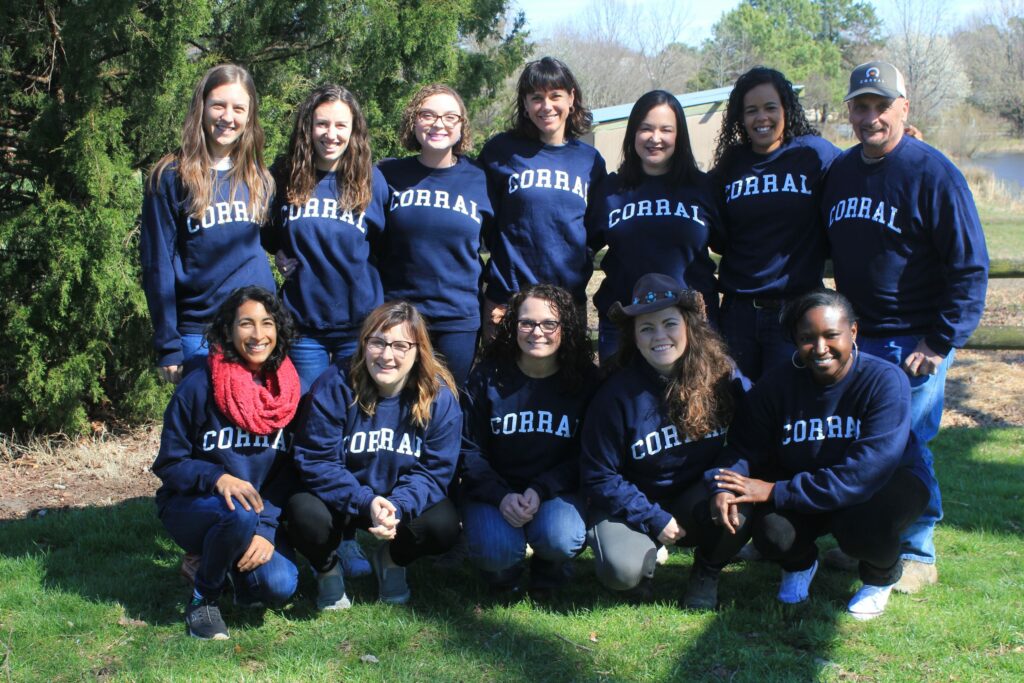With hectic schedules, devices pinging us from every direction, and modern life becoming increasingly uncertain, it’s more crucial than ever to maintain a sense of calm and balance. Emotional Wellness Month, observed all October, reminds us to disconnect and take a time out for our brain. Maintaining a healthy emotional balance helps us make healthy choices, have good relationships, and achieve our goals.
Social-based technology has become an increasingly integral part of our lives over the past two decades. For many people, it’s hard to imagine their daily lives without cell phones. There’s a sense of comfort that comes with the endless amount of information and people that we are connected with. We always have access to weather forecasts, GPS, calendars, calculators, and countless other things that make our lives a little easier.
However, there’s a huge cost that comes with the continual interconnectedness of social networking. A recent Facebook leak revealed that there is extensive internal research that shows how toxic Instagram is for teenagers. Criticism of social media’s impact on mental health has been building for years, amplified by documentaries like “The Social Dilemma” and also vocal lawmakers. Facebook researchers consistently found that Instagram is harmful to a significant percentage of users – especially young girls.
- 32% of teen girls said that when they felt bad about their body image, Instagram made them feel worse.
- 6% of American users who reported suicidal thoughts traced those desires to Instagram. For British users, it was 13%.
- Suicide deaths for children ages 10 to 14 increased by 178% from 2007 to 2017, when social media saw mass adoption.
Dr. Kusk from the Yavapai Regional Medical Center suggests six ways to promote healthy social media habits to teenagers, without them feeling isolated and left out:
- Limit screen time: Set time limits and media-free zones to provide more time for experiences with family, friends, and the outdoors.
- Open communication: Let the teenagers in your life know that they can freely speak to you about the uses of social media, their experiences online, and any problems they encounter.
- Communicate about social media safety: Make sure they understand how to stay safe on social media by not posting personal details such as their full name, the name of their school, their phone number, or their address.
- Encourage healthy connections: Talk about the types of accounts they follow and discuss the general feelings they have after engaging and encourage teenagers to unfollow any accounts that create negative emotional responses.
- Set a positive example: Being conscious of the amount of time you spend on social media and the kinds of posts you make is a great way to display fairness in your relationship.
- Take a break: There are small ways to “unplug”, such as the whole family turning off devices while at the dinner table or making the car a device-free zone.
While CORRAL’s girls enjoy a certain amount of autonomy and independence, mobile devices are not permitted during their time at CORRAL unless they need to communicate with a parent. We incorporate mindful breaks, such as horse time, walks, reading, farm chores, or creative activities, instead of endless scrolling. In this space, the girls come to appreciate the value of human-human and human-animal connections and find greater healing and support in these authentic relationships versus time spent on social media.





